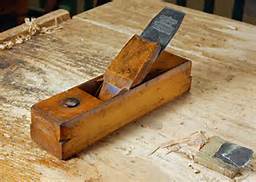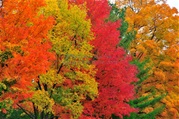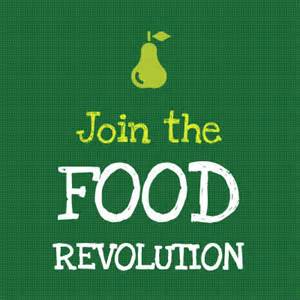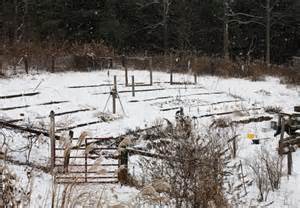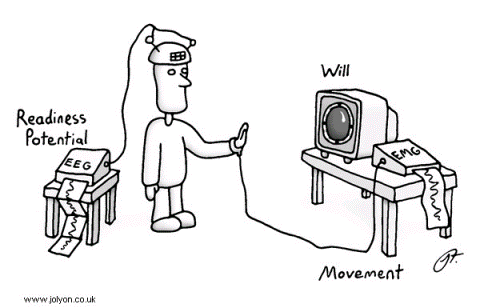
This particular post is two things: an apology and and explanation.
First, an apology. I realize that blogs are particularly important to those who write them, and less so to those who read them. That being the case, I must still apologize for not being consistent, if only to myself.
Secondly, an explanation. I have embarked upon an experiment in self-sustainability that involves moving from one side of this country to the other. Such a move takes time and effort which explains my apology above. This experiment involves buying a small (22 acre) plot of land with a house, a barn foundation, and a full woodworking shop. This is the result of several years of contemplation and contrary thinking that has cost comfort and security, I hope, to a good end: to see just how self-sustaining an individual can be.
To this end I would like to invite anyone interested to visit two new sites that will be up and running this fall. First, I will have a podcast called “The Philosophy of Gardening” and at some point and time a youtube channel called Trollcastle Works. These endeavors will simply be a video/audio blog of ongoings around the property that will include forestry work, woodworking and of course gardening.
I hope to have several projects going that include: a small fruit orchard, vegetable garden, furniture making and carpentry, hops and grain fields, and brewing beer. The podcast and videos, I hope, will be of interest to anyone that might consider self-sustainability as a way of life.
I call this an experiment, because I see 100% self-sustainability as being the speed of light, and the experiment’s goal itself being to see how close to this ideal that I can get. There will be failures and there will be accomplishments, and I hope to share both.
The reason for this experiment is, of course, personal, but it stems from a belief that self-sustainability for individuals and families is the only moral option. What better way to test this belief than putting it in practice!
I hope that some of you consider following me on this adventure!
